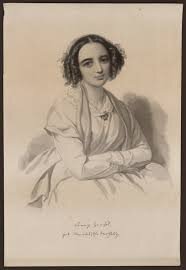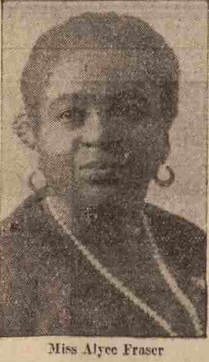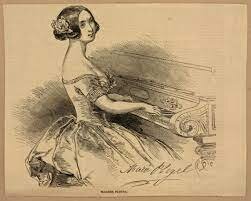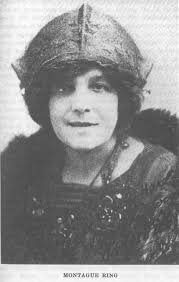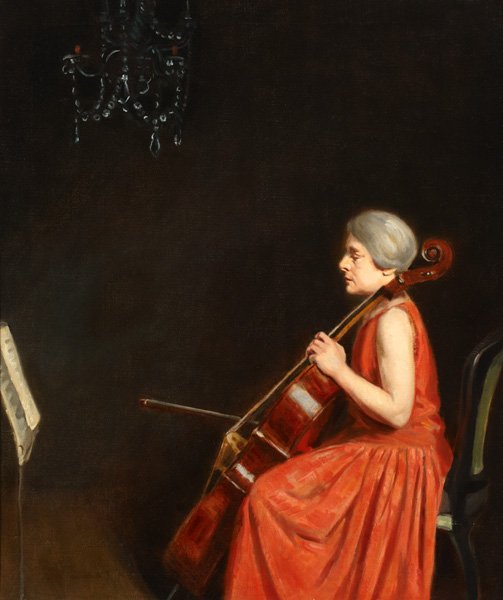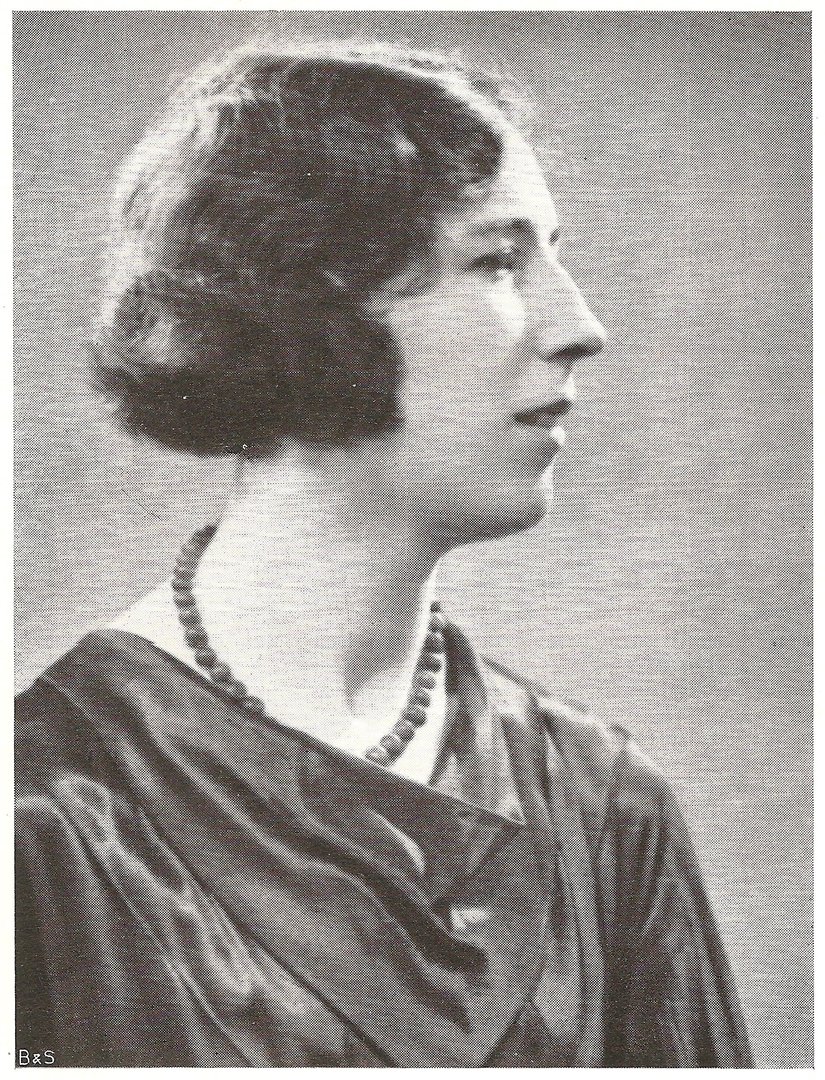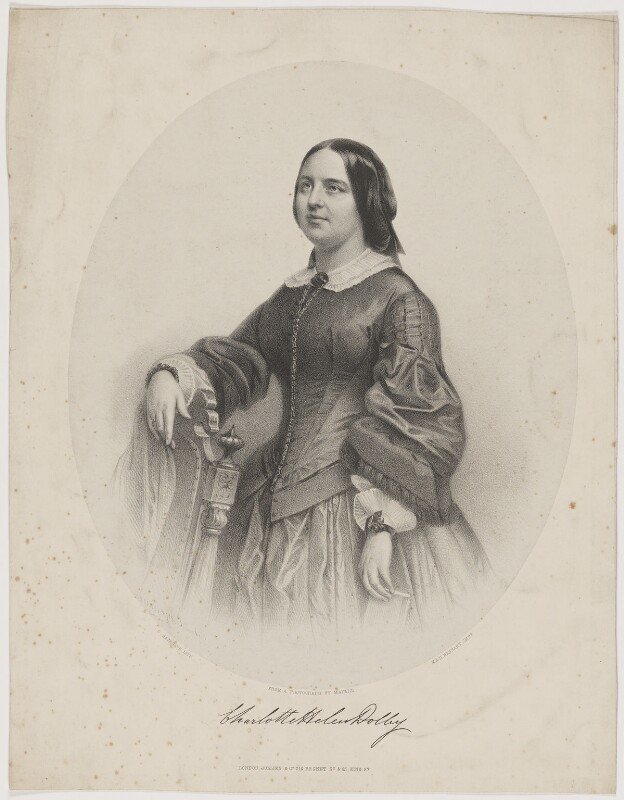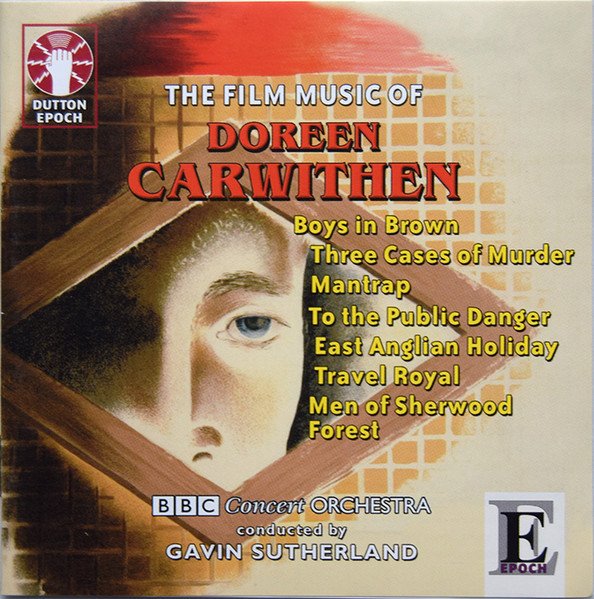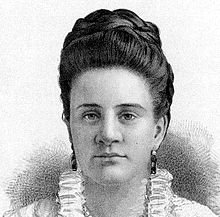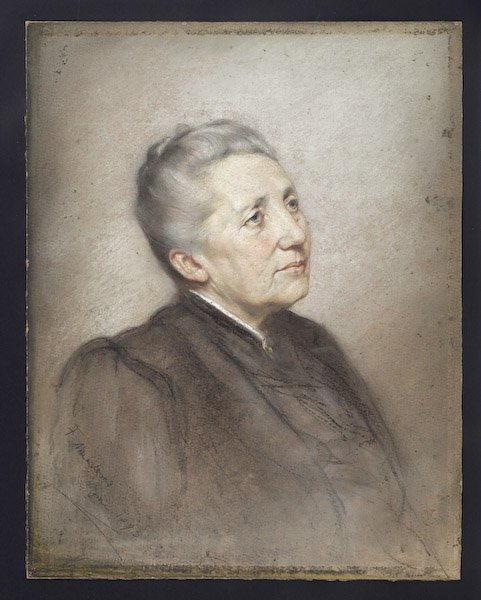The return of live music
Normally, these blog posts are going to be on material that I’m researching, or teaching, or just thinking about. But I feel that I must first at least acknowledge the current situation that remains ongoing around the globe.
There are a lot of adjectives flying around at present, to describe the times in which we live. Words like unprecedented (unprecedented times), and overwhelmed (The NHS will be overwhelmed), and plunged (plunged into another lockdown), through to words that are rather more unrepeatable, so I won’t. Though I may have yelled them at a wall fairly often over the last eighteen months.
And of course, it’s a particularly tough time for the arts. The disjunct between the complete closure of all live performance, and the enormous role of online performance in keeping morale high during lockdowns of varying degrees, in different countries, is clear wherever one turns. On one hand, arts courses face financial cuts from the current UK government that are often unsustainable; on the other hand, the leader of that government is at ease with quoting song lyrics in a party conference speech. Hmm, could it possibly be that an art form offered a way of saying something that nothing else comes close to doing?
There was an enormous amount of online musical activity, of varying types and levels, but all driven by the same need to communicate. I watched some of the live feeds from opera houses around the world, from Wigmore Hall, from living rooms and kitchens. My whole family watched the Epica Omega concert, and I saw the same need in that band as I did in classical musicians – a longing to be back with a live audience, that feeds the performers, but also being lost in the enjoyment of being back in a studio with one’s musical collaborators.
Let’s skip over the fact that the arts bring in billions to the UK economy for now; I’m talking about what gives our lives meaning. What’s the point of economic gain, if it doesn’t make our lives more fulfilled? Even the word entertainment isn’t the fluffy luxury that many in power assume. It comes from the Old French word entretenir, meaning “to hold together, to support,” in other words, the communication that happens between artists and their audiences, between artists and each other, is fundamental to our relationships, to our livelihoods, and even to our existence.
Nowhere was this clearer than watching students at the Royal Academy of Music come back together after so many months of sitting at home, unable to meet another musician. Piano accompanists who had been making backing tracks for singers, singers who had to sing down a Zoom camera and try to make eye contact with a blinking light, orchestral players who watched a split screen and tried to time their entry to allow for a technological delay, they all got to walk back into a room together and make live music. The delight and excitement was almost tangible, the smiles being cast at each other as sound filled the rooms once more were constant. Of course, it’s not all a straight line back into the thick of things. There are anxieties, and uncertainties, and moments of friction. But that’s life too, and after all, music encompasses everything, not just the glorious. As the words of Laura Farnell’s choral work In Praise of Music says, “awake my voice, awake my soul and sing!”
It's great to be back. I hope we get to stay.
Welcome to the new Salon website!
Welcome to the new Salon Without Boundaries website! There are several new sections for you to explore, with more coming soon.
It is a common misconception, that women composers of earlier times were as unheard and unprogrammed as they are now. This isn’t true. While they have never had the same recognition and authority of their male counterparts, many were heard on stage and platform, with works often being favourably reviewed and – crucially, as any contemporary composer will tell you – heard multiple times. What does tend to happen, however, is that this recognition and success dies with the woman herself. This is also the case for performers, especially those who graced the stage before the advent of recording. How do we accord creative authority to someone whose output doesn’t seem to exist any more, when we tend to see authority as residing in a permanent artifact (i.e. a published score)?
With the current recognition of the essential nature of diversification in programming, there is a real need to make both information and scores readily available. One purpose of the Salon is to shine a spotlight on what’s out there, to help make it accessible. And we are well past the time of performing a work without understanding where it’s come from, who it has mattered to, how it speaks to us now. We aim to offer context, both musical and non-musical, as well as the musical objects themselves. With this in mind, we will be exploring not just new compositions, writings and performances, but also old ones, some very easily found online, if you know how to search past the dominant algorithms. We have a long way to go to make historical women’s outputs as accessible as their male counterparts’, but it’s worth highlighting the unceasing efforts of so many people to start addressing the imbalance.
We’ll be starting with these sections:
Composer of the Month: An introduction to historical women composers who are lesser-known, and often never programmed. We will be first concentrating on women active in the UK, Ireland and Germany (my areas of research), particularly women from the nineteenth and early twentieth centuries.
Poem of the Day: Poetry was once seen as indistinguishable from music. Here you can get a daily dose of Lieder ohne Musik.
In My Headphones: Not so much reviews, as reflections on recordings old and new – not just CDs, but recordings you can find online, e.g. on YouTube, of composers and of past performers. Sometimes this will be related to the Composer of the Month.
From My Bookshelf: Explorations of books by women and about women. We will be ranging from eighteenth-century publications to new releases.
The Salon Blog: Thoughts, reflections, ideas, discussions on anything and everything around creativity, including the links between the arts and the every day, and what it’s like to be women living that. We’ll also be exploring those previously-mentioned ideas around creative authority.
You will also be able to find scores, recording links, poems, pictures and more, all being uploaded regularly. More exciting sections will be following soon.
